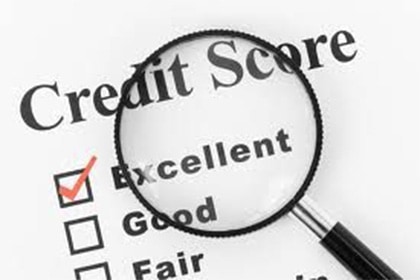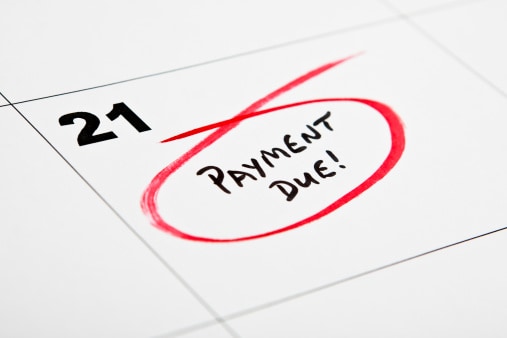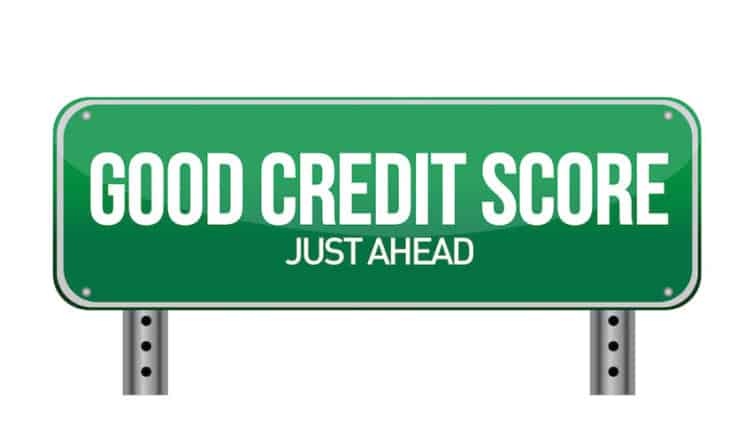
Your credit history is a record of your responsible repayment of debts. It is how banks decide if giving a loan to someone (let’s say, you) is a good credit risk or a bad one. It records all of your transactions, from banks, credit card companies, collection agencies, and governments. In short, it’s who you are as a buyer and debtor!
A person’s credit history usually matters when it comes to taking out loans – which Cebuana Lhuillier offers to everyone; from TODA operators, self-employed individuals, and small business owners! Most of all, you get your cash fast. Check out the different types of loans we have.
The way it works is all very simple: if you have a good credit history, they’ll give you better interest rates (additional fees put on top of what you owe the lender) on your loans (borrowing money from a bank), clear you for a new credit card, and approve your emergency loans as quick as possible. If not, you’ll suffer bad interest rates, landlords might deny you permission to rent a condo, and even getting a job can be a bit of a challenge.
Keeping your credit history in the green can be very simple, or very challenging; it all depends on how you discipline yourself. Avoid a life of debt by following these 10 ways to keep your credit history shining.
1. Build your credit history early.
The simple act of having a credit card, and not missing any payments, is a very easy way of building a good credit history. Banks are more likely to trust credit card holders with loans! When you have the chance, look up some banks that you might like and apply for a starter credit card – nothing too fancy, maybe one with a PhP10,000 limit to get you started!
2. Be consistent with your payments.
Your credit history improves over time, especially if you have a good track record spanning years without missing a single payment. The act of paying on time is one of the most noticeable contribution to your credit history. Keep it up, and you’ll keep yourself in the green side of your credit history for a very long time.
3. When you miss a payment, catch up.
There will be situations where you have to make the decision between paying off your loan, or choosing another, more crucial thing. Don’t fret! Usually, missing a payment won’t affect your credit score much if you pay within the next 30 days. Banks would chalk it up as an unintentional mistake, and your history remains intact. Beyond that though, you’re going to have a hard time catching up.
4. Keep your debt-to-credit ratio in the low thirties.
Credit experts in the US would tell you to keep that debt-to-credit ratio at 30% to avoid two things: 1) maxing out your credit limit, and 2) keeping your credit score safe. For example, you have a credit limit of P50,000. Keep your debt at around P15,000 to avoid hurting your credit score.
5. Keep ALL your bills paid, and on time.

It’s not just your credit card payments you have to look out for, but also for your utilities, phone bills, and more. Avoid getting reported to credit bureaus (such as TransUnion for the Philippines), which would hurt your credit score. Consistency is key!
6. Keep track of what you owe.
Having too many revolving debts can hurt your credit score, as it is hard to trust someone who is paying off too many debts. Applying for a loan at this stage can prove to be even worse for your financial condition In the long run.
7. Check your credit report often.
Even if you’re the most efficient and on-time payer of credit card dues ever, it’s hard to be sure. Check your credit report for every detail, down to the last purchase. Identity theft and credit card fraud are very real concerns, so you should watch out for any suspicious activity on your card, such as purchases you don’t remember getting. The sooner you address these anomalies, the better your credit score remains.
8. Having a long credit history helps.
Banks are likelier to trust those who have been credit holders for longer, as your credit score is reflected by experience over time. A nice, long credit history will mean to lenders that you are a good credit risk, able to pay and be consistent about it.
9. Apply for credit you actually need
Taking out several loans over a short span of time will make lenders suspicious, and may lead them to believe that your economic situation is in the red. For example, most banks would charge additional fees to people with too much existing debt, as they deem that the borrower is a big credit risk. It’s a matter of covering their bases. This is why you should take only what you need, one at a time, and complete your payments before even thinking about applying for a new one.
10. Educate yourself.

This article is only a quick glance at the many things you need to do to keep your credit score healthy. Read up on more tips, do your research, and inquire with your banker regarding ways to keep your credit history good, to avoid any delays on credit when you actually need it
Image Source:
http://www.cheapcarinsurance.net/check-your-credit-score-first-before-buying-a-car/
http://inspirationformoms.porch.com/5-tips-paying-bills-time/
http://unionoak.com/2015/12/08/3-steps-for-brushing-up-your-credit-score-before-home-shopping/
